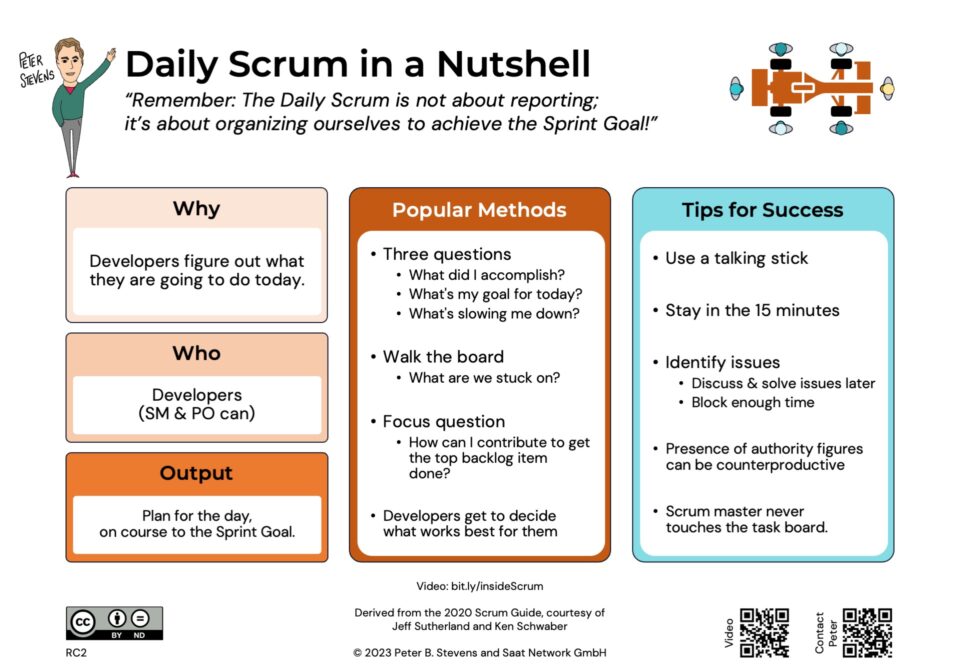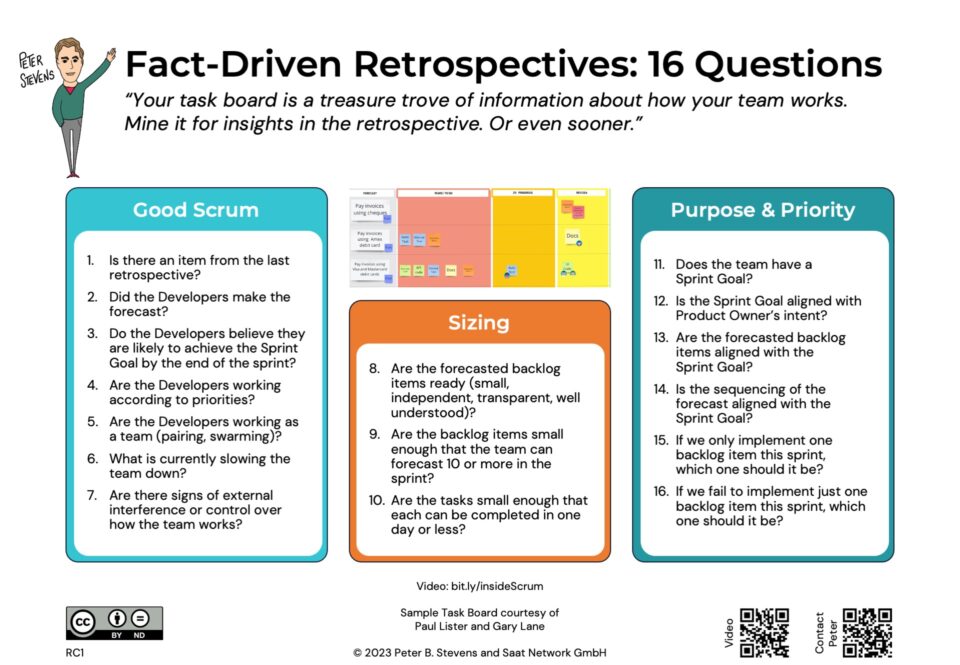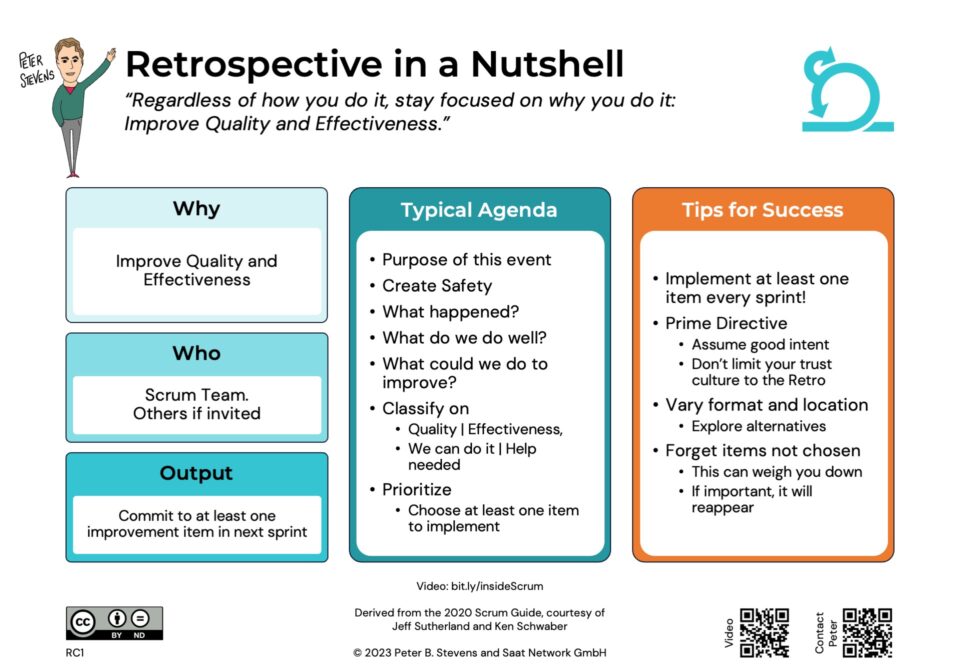Scrum at Six Card Solutions (or why I think managers are needed in Scrum)
18-04-2010Scrum Breakfast/May Agile Methods in a Global, Regulated Environment
28-04-2010Recently, I asked myself, “What does it mean for a company to be agile?” and came to the conclusion that “Agility is the ability to change your mind intelligently, based on new information.”
Why is the Waterfall so cumbersome, so un-agile, and why are companies stuck in the waterfall? One reason is Work in Progress. Let’s take the example of a large services company which provides its services to other large, institutional customers. A typical such organization might have:
- Sales Department – they sell service contracts
- Pre-Sales/Engineering Department – they determine the business requirements and write specifications for custom development
- Software Development Department – they write the software
- Quality Assurance Department – they protect the company from disaster
- Operations Department – they deploy, uh, working software (and Development babysits the system until it really works).
Sales is selling services which the development team will work on, say, a year from now. Pre-Sales is writing specs for software which the development team will work on in 6 months. The development is working now to satisfy contracts that were signed over a year ago. And the QA is working on software that the development team “finished” 3 to 6 months ago and for which the contracts were signed as long as two years ago.
The pipeline is permanently full, it takes a long time to for wishes to be transformed into working features, and there is constant pressure to keep the flow moving (just like in fluid dynamics!). So the company has great difficulties changing priorities, because that means throwing away vast amounts of unfinished work, and that can be expensive!
So if WIP creates inertia which makes a company cumbersome, stiff, inflexible or worse, what would be the state of perfect corporate agility? Having no work in progress at all.
At the end of every sprint, a Scrum team should have no work in progress. The software is (potentially) shippable. If the Scrum Team has done its job well, all backlog items are “done”, there is no undone work, and there is nothing preventing the product owner from requesting a shipment. This is a natural point for changing priorities and direction.
As I understand Kanban, it emphasizes limiting WIP to improve flow. But the pipeline is never empty. The pressure is limited, but there is no point where there is zero WIP. Scrum provides natural points to set entirely new priorities: the planning for the new sprint.
Is Zero WIP something that customers value? One concrete expression of the Zero WIP approach is the “Money for Nothing, Changes for Free” contract. Since the project has Zero WIP the end of each sprint, there is no reasons not to accept changes in the product backlog, or for a fee, the cancellation of the rest of the project.
Are moments of Zero-WIP a desirable goal? Does this offer an important advantage to Scrum which is not achieved by the flow optimizing Kanban?




